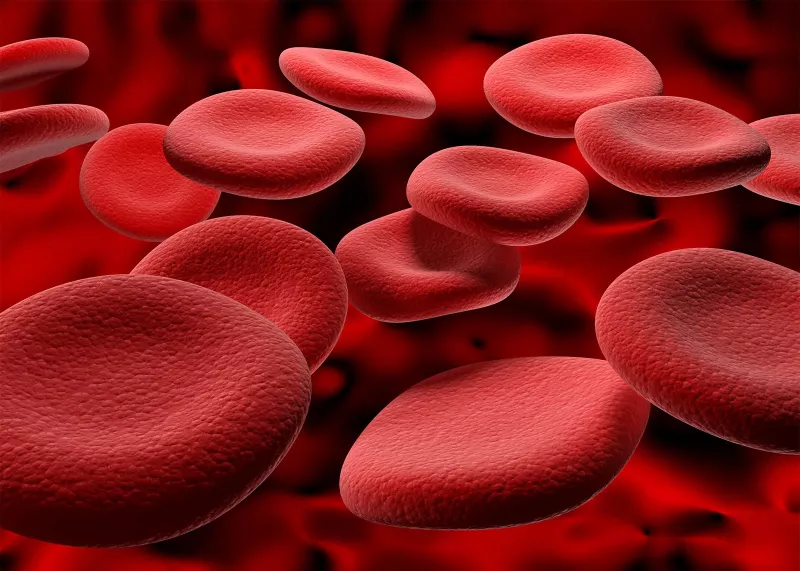If you've ever gotten a surprise period or had multiple days of unexpected spotting, you're experiencing something called breakthrough bleeding. Many things can cause breakthrough bleeding, including hormonal birth control, the morning-after pill, a sexually transmitted infection (STI), or hormonal abnormalities, and as you might have guessed, figuring out exactly what's causing the breakthrough bleeding is key to treating it. (Because most of us aren't begging for extra periods over here.)
But first: what actually is breakthrough bleeding? Essentially, breakthrough bleeding is vaginal bleeding that occurs midcycle, or any time outside of your period, says Jennifer Roelands, MD, board-certified ob-gyn and founder of Well Woman MD. If you're pregnant, breakthrough bleeding would be any vaginal bleeding that occurs during your pregnancy. And while breakthrough bleeding can be normal and expected in some situations (looking at you, hormonal birth control), it may also be a sign of something more serious, especially for people who are postmenopausal. Either way, it's probably not something you want to be dealing with on the regular, so POPSUGAR spoke with Dr. Roelands to find out what breakthrough bleeding is, why it happens, and what you can do to get it treated.
Read Also: Any Cause For Worry? Titanium Dioxide in Our Tampons
Breakthrough Bleeding: Why Does It Happen?
"There are many causes of breakthrough bleeding," Dr. Roelands says, "but they can be broken down into two categories: hormone causes and structural causes." The most common causes, she says, are stress and missing days of a birth-control pill.
Hormone-related causes of breakthrough bleeding include:
Hormonal birth control, such as an oral contraceptive pill, hormonal IUD, implant, shot, vaginal ring, or skin patch. Breakthrough bleeding is especially common within the first few months of starting a new hormonal birth-control method.
Inconsistent dosing of birth-control pills (aka forgetting to take the pill).
Taking emergency contraception (aka the morning-after pill).
Menopause or perimenopause (the time when your body is transitioning to menopause).
Polycystic ovarian syndrome (PCOS).
Endometriosis.
Vaginal infections, such as a yeast infection or trichomoniasis. These are considered hormonal causes rather than structural causes because infections are a disruption in the bacteria or yeast ratio caused by a lack or imbalance of hormones. "For example, menopausal women have more vaginal infections because low estrogen causes the bacteria content in the vagina to be off," Dr. Roelands says.
Miscarriage.
Structural causes of breakthrough bleeding may include:
Uterine fibroids.
Polyps.
STIs, such as chlamydia.
Vaginal lesions.
Prolapse.
Fragile cervix.
Ovarian cysts.
Cervical cancer, womb cancer, or vaginal or vulval cancer.
Breakthrough bleeding may also be caused by rough sexual intercourse or lifestyle changes, such as stress or weight loss.




